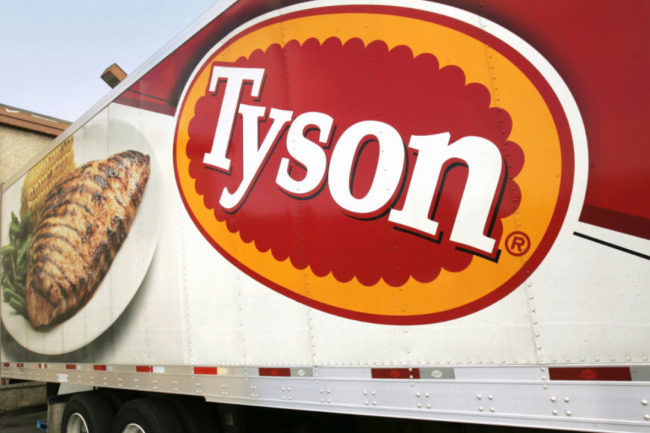NEW YORK -- New York City Comptroller Scott M. Stringer urged the US Securities and Exchange Commission (SEC) to investigate Tyson Foods Inc. for “flagrantly misrepresenting its poor pandemic response,” to investors including the New York City Retirement Systems, for which Stringer serves as a fiduciary.
A spokesman for Tyson Foods said the company had not yet reviewed the comptroller’s letter, and referred to a news release outlining the company’s safety procedures.
But Stringer said the company’s Form 10-K, an annual comprehensive report of a company’s financial performance, provided sparse details of Tyson’s health and safety procedures for employees.
“Tyson is flagrantly misrepresenting its poor pandemic response,” Stringer said. “There is human cost to Tyson’s failures – preventable deaths, hospitalizations and sick workers. These failures have material impacts on its business operations that carry serious risks for shareholders. I am calling on the SEC to immediately open an investigation into Tyson’s misleading and dubious claims that they are adhering to OSHA and CDC safety guidelines, because shareowners need a full and transparent accounting into Tyson’s workplace safety and the risks to both workers and investors amid the COVID-19 pandemic.”
Stringer characterized Tyson’s response to the pandemic as “slow and minimal pandemic response and the resulting infections, hospitalizations, and deaths among its workforce are well-documented.” But the company’s annual disclosures told a different “inaccurate and misleading” story, according to Stringer.
In the letter to the SEC, Stringer said Tyson’s disclosures made it difficult for investors to determine how effective the company’s current health and safety program may be in preventing additional costs.
“There are serious questions about the sustainability of Tyson’s operations,” Stringer said in the letter. “… Tyson had a problematic occupational health and safety record long before the COVID-19 pandemic. That poor record and weak safety practices caught Tyson unable to respond quickly and effectively as the virus spread through its plants. Put differently, Tyson’s economic success and sustainability are dependent on a healthy workforce.
“Given Tyson’s history, investors require more than bland assurances that the company “has implemented” and “will continue to implement” measures to improve workplace safety. Tyson’s Form 10-K is misleading and inaccurate to the extent that it fails to provide more detailed information to assure investors that the problems reported earlier this year are a thing of the past.”


